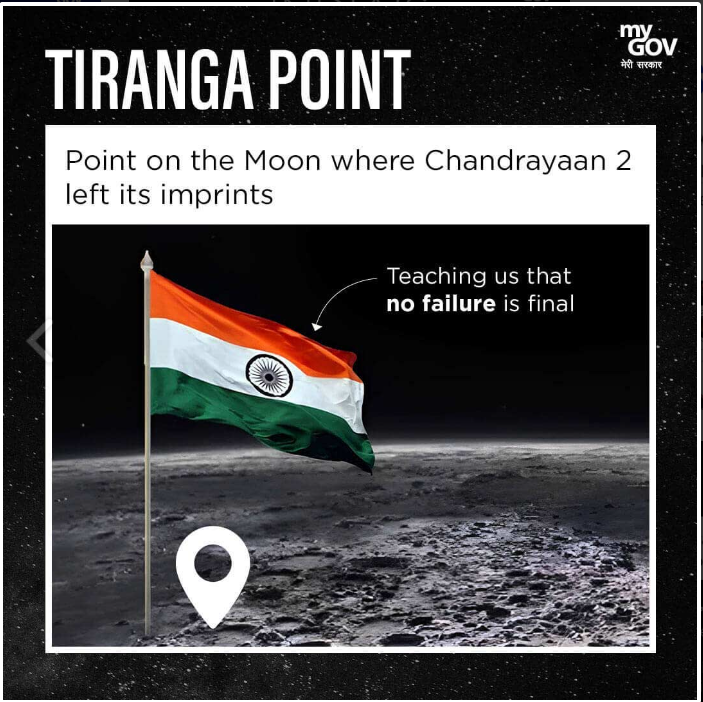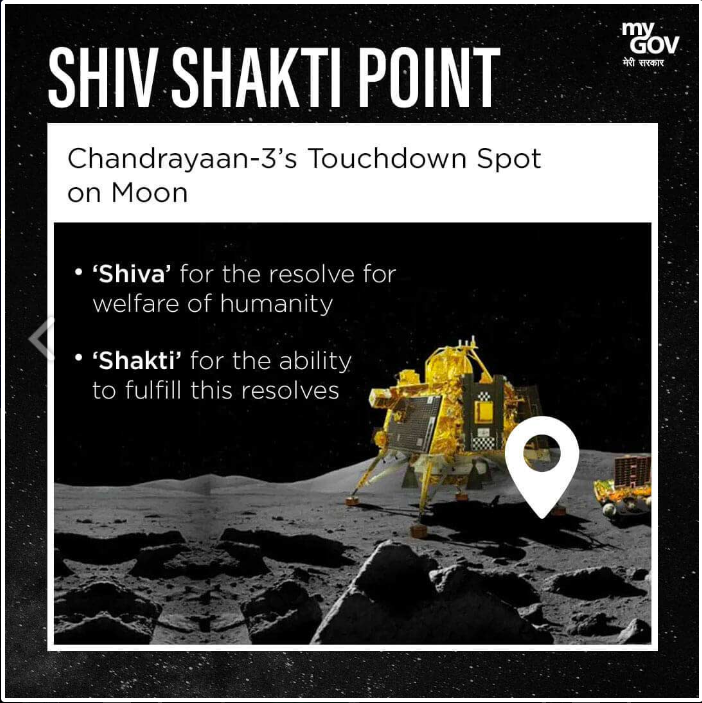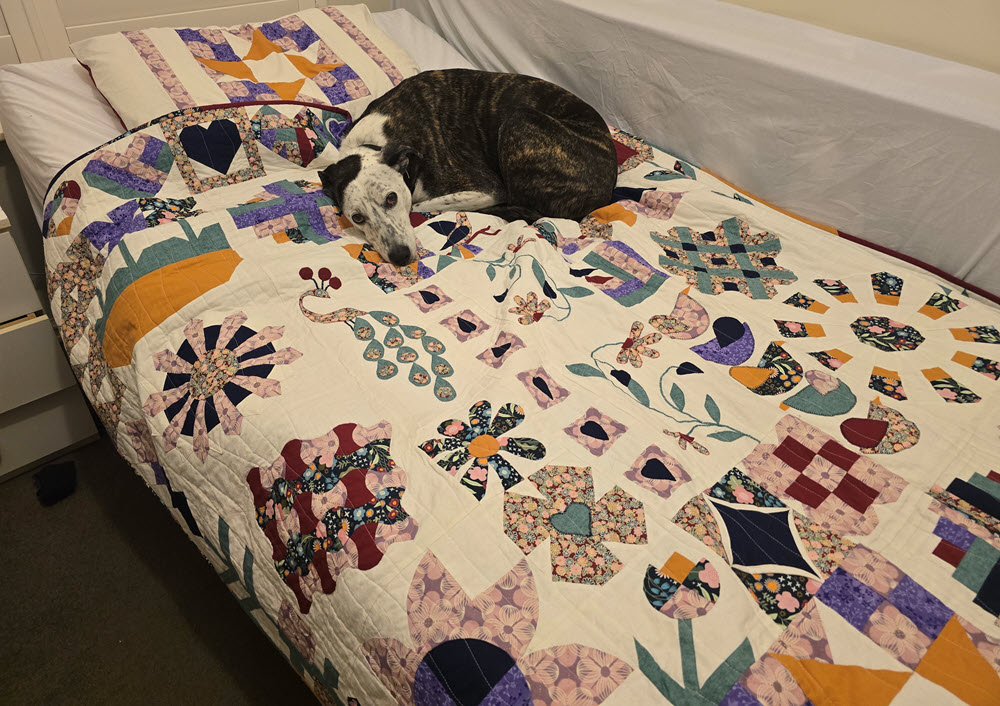Before books, oral history and communication was the only source of information. Later Books, media, radio became the source of ideas. Now internet provides live interactive collaboration. Wikis have emerged as a great tool to learn to collaborate. It’s an easy and effective collaboration tool.
What is a wiki?
"Wiki" (English pronunciation: /wi:ki:/) is a Hawaiian word for "fast". Wiki is a web site that is fully editable from any web browser, by anyone without any technical computing knowledge or tools. All one need is a computer with an Internet connection. It is not a product on one person, but of many. A wiki enables documents to be written collaboratively.
According to Wikipedia –
"A wiki is a website that uses wiki software, allowing the easy creation and editing of any number of interlinked Web pages,… Wikis are often used to create collaborative websites, to power community websites, for personal note taking"Ward Cunningham described the essence of the Wiki concept as follows:
"A wiki invites all users to edit any page or to create new pages within the wiki Web site, using only a plain-vanilla Web browser without any extra add-ons. Wiki promotes meaningful topic associations between different pages by making page link creation almost intuitively easy and showing whether an intended target page exists or not. A wiki is not a carefully crafted site for casual visitors. Instead, it seeks to involve the visitor in an ongoing process of creation and collaboration that constantly changes the Web site landscape"
What is the difference between a wiki and a blog?
- A blog, or web log, shares writing and multimedia content in the form of “posts” and “comments” where no one is able to change a comment or post made by another. For this reason, blogs are often used to express individual opinions. A wiki has a far more open structure and allows others to change what one person has written. This feature enables group consensus to build over individual opinion.
- Adam F. of wikispaces states that "a blog is like a journal. It's great if you want to have an ongoing dialogue or discussion… about any topic. A wiki, however, is more about evolving the same content over time. Blogs are about communicating, wikis are about getting work done, or working together"
- Wikis are best for group collaboration and research. Wiki pages can easily link to each other. When you create new wiki pages, they are instantly available for searching and for other pages to link to.
Benefits of wiki:- As Cooperative and Collaborative tool it engages learners with each other through discussion and sharing of information. This leads to positive interdependence of group members, individual accountability, peer interaction and group work.
- As Constructivist tool it allows learners to actively create and construct their own knowledge through interaction and manipulation with learning material and seeing the outcomes of their manipulation.
- As Discussion tool it can initiate threaded discussions on the project topic which provide students to articulate their learning.
- Monitoring: User or community can monitor the changes occurring on pages which develop skills of seeking assistance, negotiating problems and arriving at solutions.
- Asynchronous communication enhances peer interaction and distribution of learning experiences.
- As a writing assignment tool it maximizes reflection, reviewing, observing results.
- Wiki is an effective tool in project planning and documentation.
Wiki Service Poviders:Wikispaces:
http://www.wikispaces.com/site/for/teachersPBworks:
http://pbworks.com/academic.wikiWetpaint:
http://wikisineducation.wetpaint.com/Reflection:· How do I plan to use the wiki in my teaching-learning processes?
· Which wiki service provider is best suitable for my kind of settings?
· What constraints I may encounter while using wiki?
· Vandalism vs Editing: How do I check vandalism by someone in the class wiki?
· Which pedagogical approach does wiki offer for your classroom?
· How different is editing a wiki page and a document?
· What theme did you choose and why did you think that theme is appropriate for your classroom settings?
· Do you think that there is risk associated with distributing mass user IDs and passwords without creating awareness in the students?
· Do you think it is essential to show the tutorial to the students also?
· What makes a wiki important in education – its design or the ease of navigation for collaboration?
· Do you know there may be various ways to collaborate in a wiki?
· Do you agree that a wiki could be used for collaboration for any subject at all grade levels?
· In what other ways collaboration could take place in your classroom settings?
· Is grouping essential for wiki collaboration or individual collaboration can also be a good alternative?
· Do you agree that collaboration can only be successful if questions and answer method is adopted?
· Can wiki be thrown open to all students and let them write and design the wiki pages of their own? What could be possible scenario that may evolve?
· How do you think collaborating with students of different cultures could be a learning experience for your students?
· Some schools may be in time zone which is opposite to yours. How do you plan to collaborate with students of such schools?
· Do you think that English comprehension is that important when collaborating with international schools or still it’s possible to collaborate under your supervision?
· How do you plan to overcome the problem of language?













